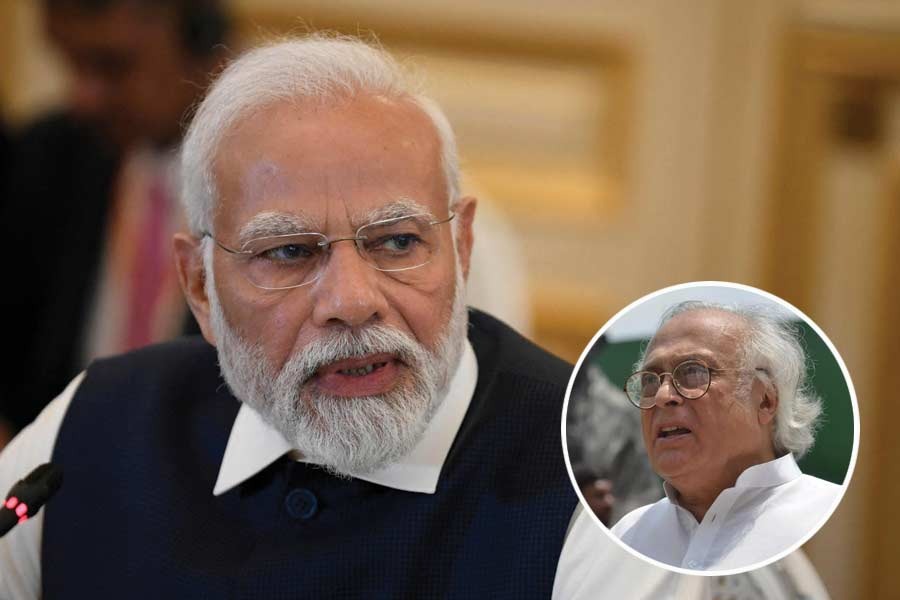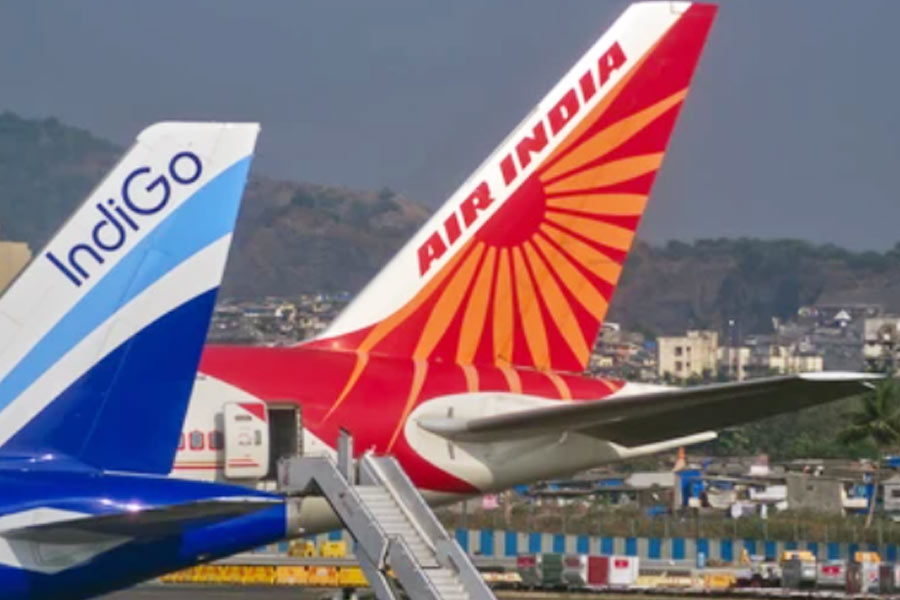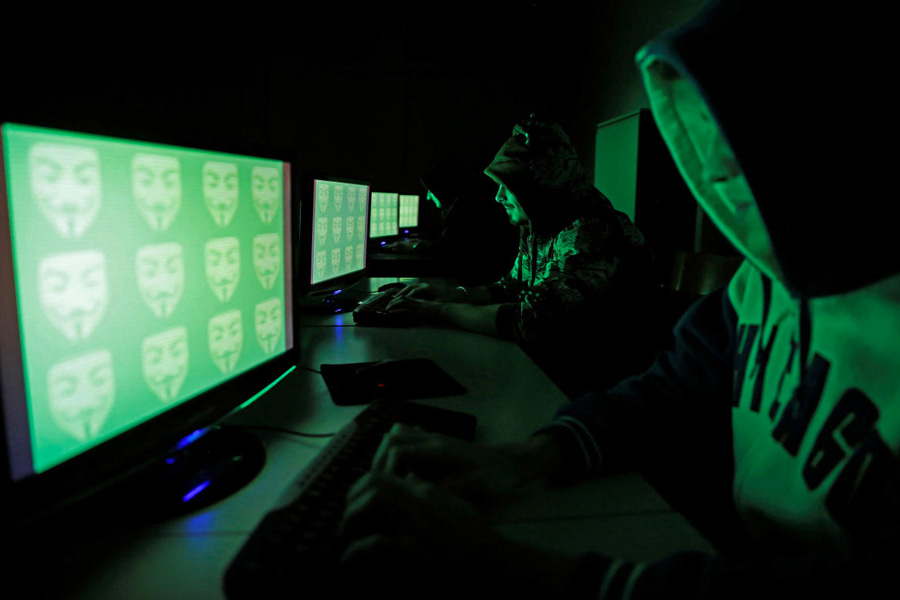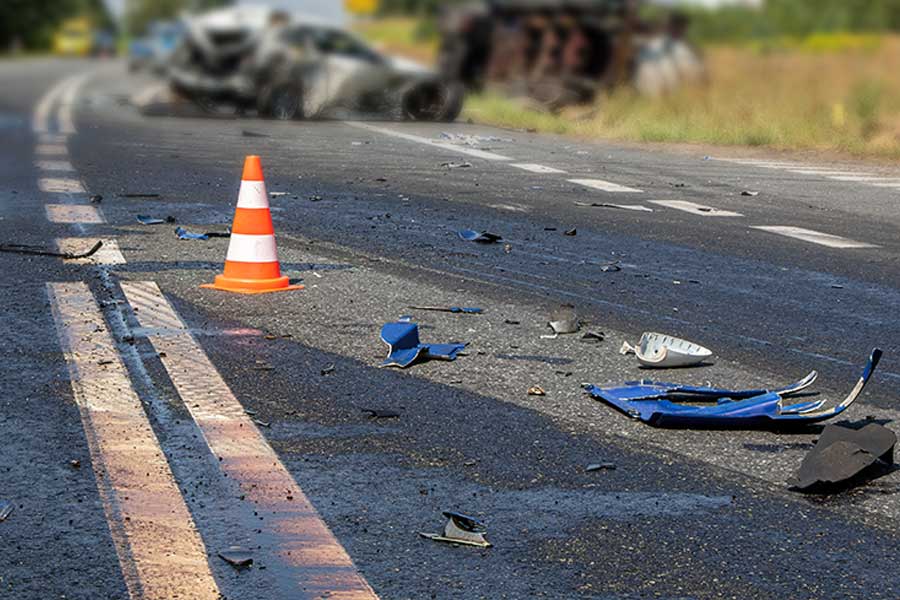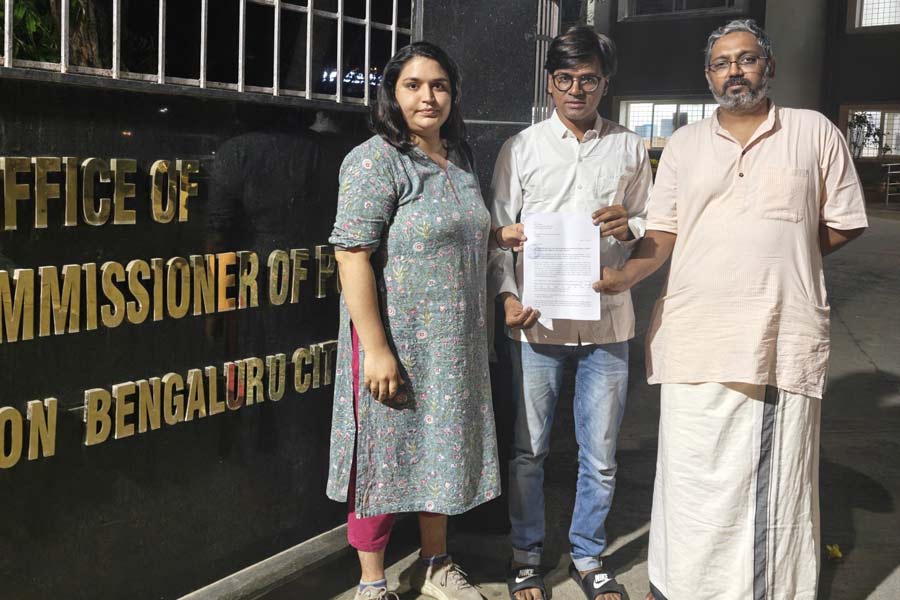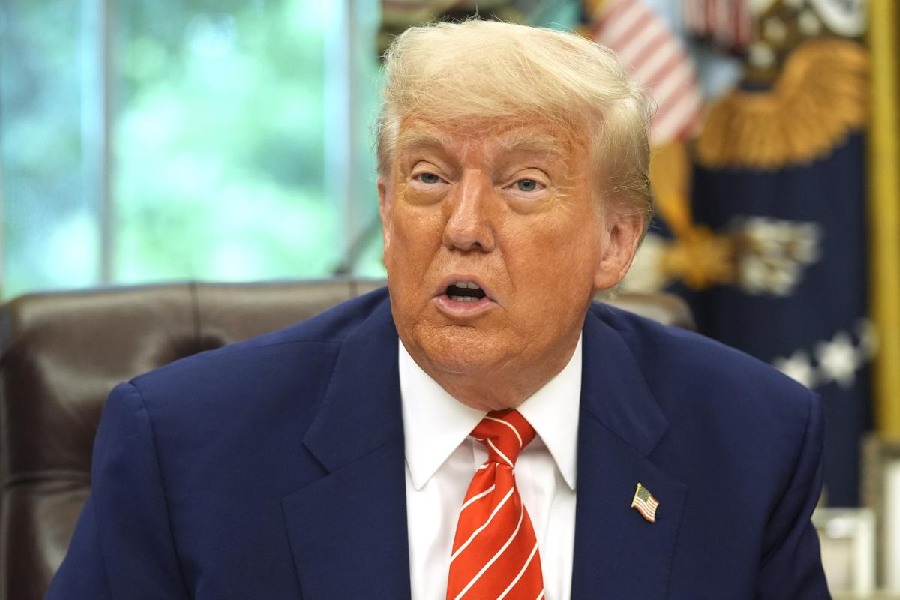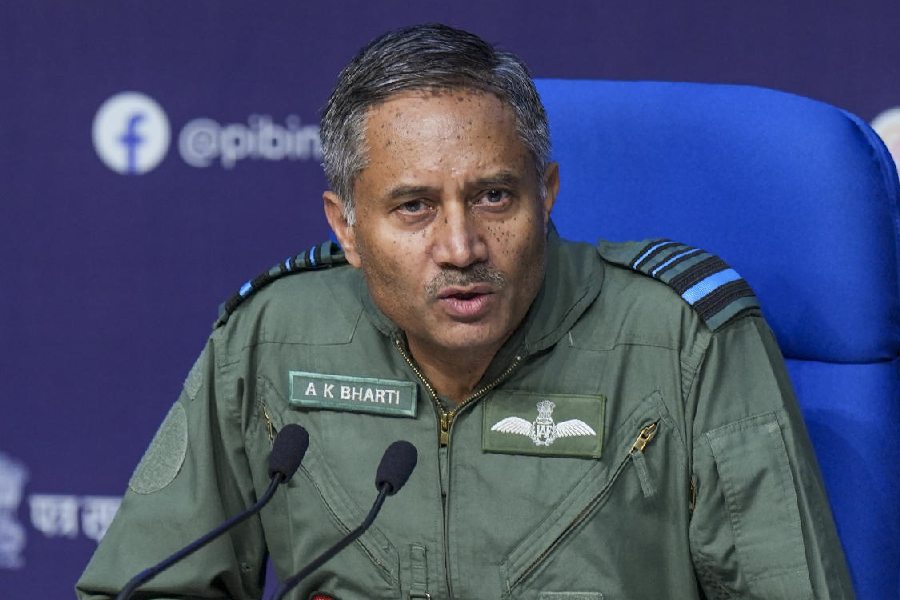 |
| ILLUSTRIOUS PAST: The Freemasons Hall on Park Street: Bound by good and evil. Picture by Pabitra Das |
There are no real masons left in the society of Freemasonry, at least in Calcutta. But the way of life they believe in is yet to be snuffed out.
Evidence of the enduring faith: the Courage with Humanity Lodge turns 175 this year. One of the oldest lodges (or chapters of the Freemasons’ society) in India, it can be traced back to 1814 in Dum Dum, where it started as an association for military men. But it was officially recognised by the United Grand Lodge of England in 1928. So, the 43 “accepted masons” of the Lodge are celebrating their 175th anniversary, despite their actual foundation 14 years before that.
Courage with Humanity no longer pays its respects to the Queen. The Grand Lodge of India was established in 1926 and formed its own Constitution. Since 1992, there has been a division between the lodges that are affiliated to England and to India. But the ancient order continues, with little difference between the Constitutions, though the sprawling campus at 19, Park Street, is under the management of the Lodges that follow the English Constitution. In recent times, they have had to sub-let part of the premises for weddings to raise funds for its upkeep.
With an illustrious past, the members are not afraid of their society dissolving, though it lacks young blood. The rolls of Courage and Humanity bear evidence of past “brothers”, including freedom fighter Chittaranjan Das, archaeologist Rakhaldas Bandopadhyay, businessman Dorabjee Pestonji Cama and explorer Radha Nath Sikdar, said to have actually discovered the Everest. Eminent Indians said to be members include Ramakrishna Paramhansa and Motilal Nehru. “Freemasonry can never die. The principles are so sublime that despite a reduction of numbers, we will continue,” explains T.K Niyogi, member of Courage with Humanity. The “fatherhood of God and brotherhood of man” are the only religions these men pledge their lives to.
The Lodges meet occasionally at the Park Street buildings, not only for administrative affairs, but also to discuss some charitable activities they engage in. Plans are on to revive the polyclinic on campus, not as active now as it once was. They also have talks on the “moral lessons” of their society — “kindness in the home… courtesy in society… resistance towards evil… honesty in business and above all, reverence and love for God”.
The Freemasons have been accused of shrouding their activities in secrecy, leading to unbelievers linking their order to everything from the Ku Klux Klan to devil-worship. But seeing the group of masons in Calcutta, this seems almost laughable. Most are well into middle age, if not senior citizens.
At the receiving end of much negative publicity, some centuries old, the “worshipful brothers” are a little weary of discussing their business. But they are clear on one count — theirs is a secular order for “anyone who believes in the Almighty” (or rather, any man, as they do not admit women. Possibly because centuries ago, all of their members had been real masons.). Five religious books — the Bible, Gita, Quran, Guru Granth Sahib and the Talmud Tora — are kept in the “temples” where they meet, where the predominant icon is a marble block and brass compass. The square symbolises “square conduct”, while the compass is a reminder to all members to stay “within the bounds of good and evil”.


